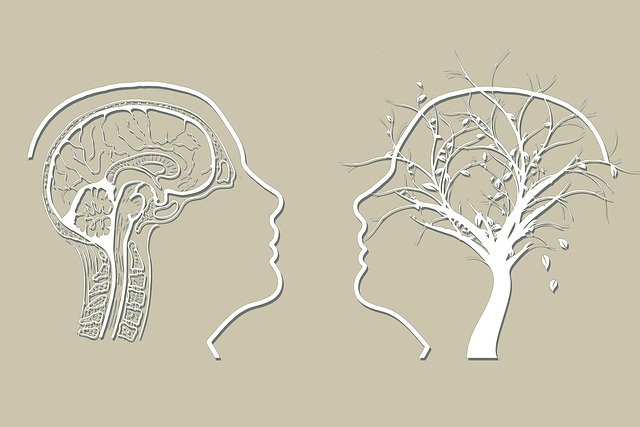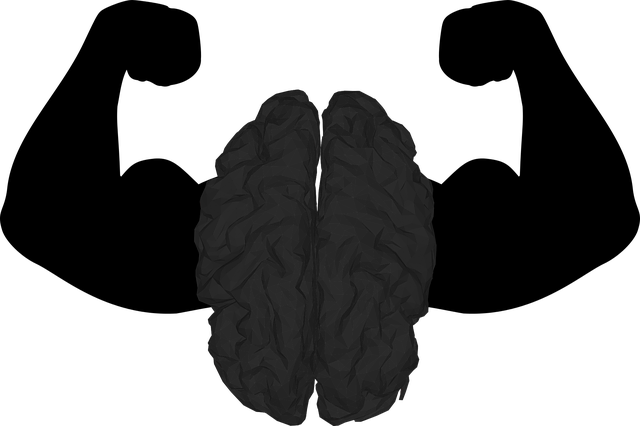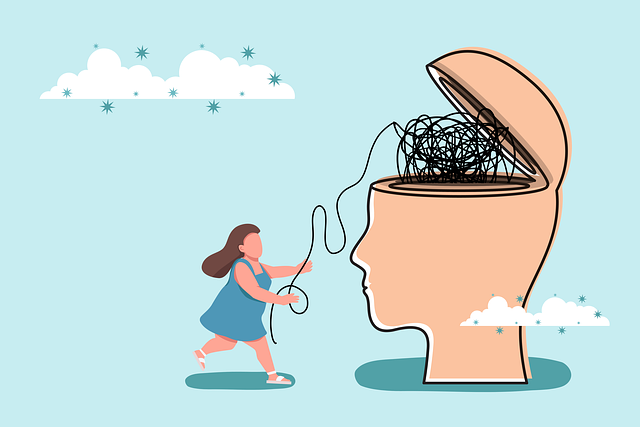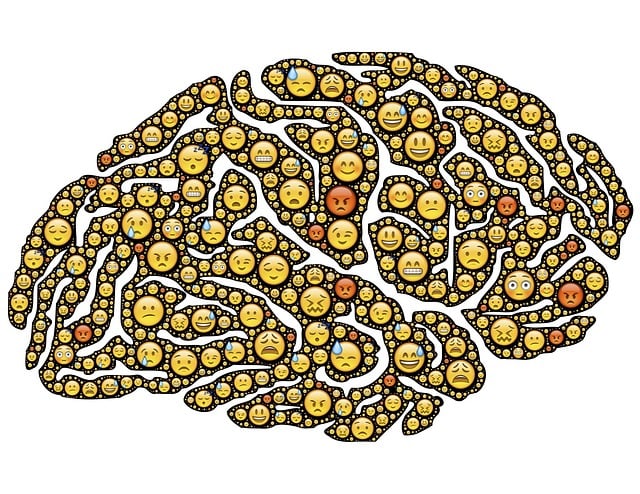Healthcare provider burnout, characterized by emotional exhaustion and reduced personal accomplishment, is a growing concern. Early recognition of symptoms through self-care routines, including relaxation, exercise, and mindfulness practices, can prevent negative impacts on job satisfaction and patient care. Golden Chronic Illness Therapy (GCIT) offers a holistic approach, addressing physical, emotional, and mental aspects by incorporating tailored interventions like cultural competency training, risk management planning, and mental wellness journaling. Healthcare organizations can mitigate burnout through supportive work environments, flexible schedules, stress workshops, and resources promoting mental health, normalizing stress discussions, and empowering providers to proactively manage their well-being. Self-care practices and GCIT contribute to enhanced resilience, empathy development, and improved patient care outcomes.
Healthcare provider burnout is a growing concern, impacting both well-being and patient care. This comprehensive guide explores effective strategies to prevent burnout, focusing on the unique benefits of Golden Chronic Illness Therapy as a holistic approach. We delve into identifying burnout through its signs and symptoms, while also providing organizational and self-care practices for healthcare professionals to thrive. Discover how these strategies can foster a more supportive work environment, empowering providers to avoid burnout and enhance patient outcomes.
- Recognizing Burnout: Signs and Symptoms in Healthcare Providers
- Golden Chronic Illness Therapy: A Holistic Approach to Prevention
- Creating a Supportive Work Environment: Strategies for Healthcare Organizations
- Self-Care Practices: Empowering Healthcare Providers to Avoid Burnout
Recognizing Burnout: Signs and Symptoms in Healthcare Providers

Burnout is a significant concern among healthcare providers, often leading to decreased job satisfaction and potential negative impacts on patient care. Recognizing the signs early is crucial for preventing this chronic issue. The symptoms of burnout can be subtle but are characterized by emotional exhaustion, depersonalization, and reduced personal accomplishment. Healthcare professionals may experience heightened stress levels, leading to feelings of being overwhelmed and emotionally drained. They might also show a detached attitude towards work and patients, which can impact their decision-making abilities.
Self-care routine development is a powerful strategy to combat these issues. By prioritizing self-care practices, healthcare providers can enhance their resilience and overall well-being. Incorporating activities that promote relaxation, exercise, and mindfulness can help manage stress levels. Additionally, seeking support from colleagues or professional counselors should not be overlooked as an effective method for depression prevention and burnout management, especially when coupled with Golden Chronic Illness Therapy.
Golden Chronic Illness Therapy: A Holistic Approach to Prevention

In the context of healthcare provider burnout prevention, Golden Chronic Illness Therapy (GCIT) offers a holistic approach that addresses the physical, emotional, and mental well-being of medical professionals. This therapy recognizes the interconnectedness of various aspects of an individual’s health and tailors interventions accordingly. By focusing on both preventive measures and treatment strategies, GCIT aims to create a sustainable environment where healthcare providers can thrive. The therapeutic framework encourages self-care practices, such as regular exercise, mindfulness techniques, and balanced lifestyle choices, which are essential components in mitigating the stress and exhaustion often associated with the medical field.
Incorporating cultural competency training, risk management planning for mental health professionals, and mental wellness journaling exercises into GCIT further strengthens its effectiveness. These elements enable healthcare providers to navigate diverse patient populations with empathy and cultural sensitivity, manage their own mental health proactively, and find healthy outlets for stress relief and self-reflection. Through these comprehensive practices, GCIT empowers medical professionals to maintain resilience and passion in their careers while ensuring optimal patient care.
Creating a Supportive Work Environment: Strategies for Healthcare Organizations

Creating a supportive work environment is a key strategy for healthcare organizations to prevent burnout among their providers. This involves fostering a culture that prioritizes mental health and well-being, recognizing and addressing workload issues, and promoting open communication channels. Implementing policies that encourage regular breaks, flexible schedules, and limiting on-call hours can significantly reduce stress levels. Additionally, organizing Stress Management Workshops within the organization, incorporating Mind Over Matter principles, and providing resources for Anxiety Relief are innovative ways to support healthcare providers’ mental health.
By creating a safe and supportive atmosphere, healthcare organizations can enhance job satisfaction and encourage professionals to focus on Golden Chronic Illness Therapy, ultimately leading to improved patient care. These strategies aim to normalize conversations around stress and mental health, ensuring that providers feel valued and empowered to take proactive steps towards burnout prevention.
Self-Care Practices: Empowering Healthcare Providers to Avoid Burnout

Healthcare providers, often at the forefront of patient care, face unique challenges that can lead to burnout. Self-care practices are essential strategies to empower them in managing stress and maintaining well-being. By prioritizing their physical and mental health, healthcare professionals can better serve their patients. Simple yet effective self-care routines include regular exercise, mindfulness meditation, and sufficient sleep—all of which have been shown to reduce stress levels.
Additionally, engaging in Golden Chronic Illness Therapy can be a transformative tool. This approach encourages self-reflection and cultivates empathy, allowing providers to develop healthy coping mechanisms. Public Awareness Campaigns Development and Empathy Building Strategies play a vital role in promoting a supportive environment. By raising awareness about burnout and implementing strategies that foster understanding, healthcare organizations can enhance the overall well-being of their staff. Further, Self-Esteem Improvement initiatives can help professionals recognize their value, thereby boosting resilience against burnout.
Burnout among healthcare providers is a growing concern, but by implementing effective strategies, it can be mitigated. From recognizing the signs early on to fostering a supportive work environment and encouraging self-care practices, healthcare organizations have a crucial role in prevention. One notable approach, Golden Chronic Illness Therapy, offers a holistic perspective, addressing the physical, mental, and emotional well-being of providers. By combining these strategies, healthcare systems can create a more sustainable and fulfilling environment for their employees, ultimately enhancing patient care and overall organizational success.













